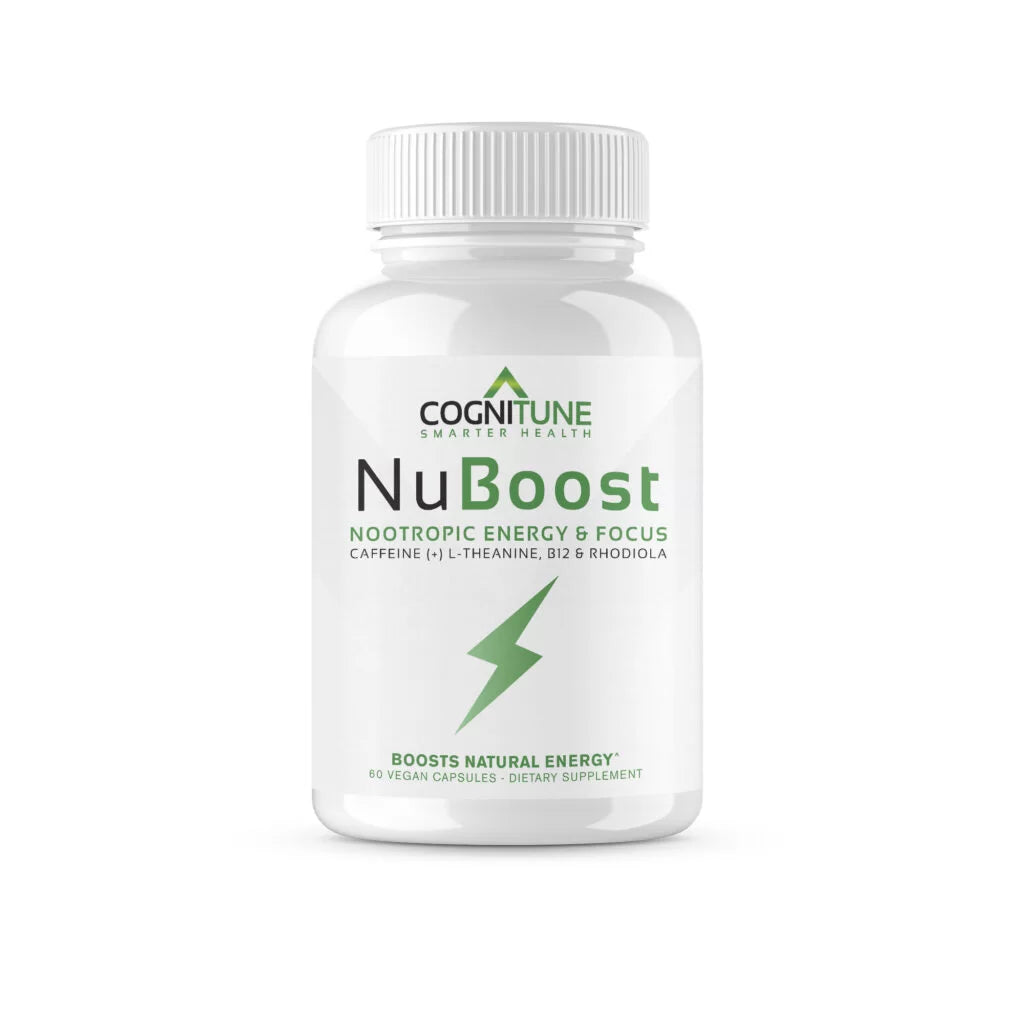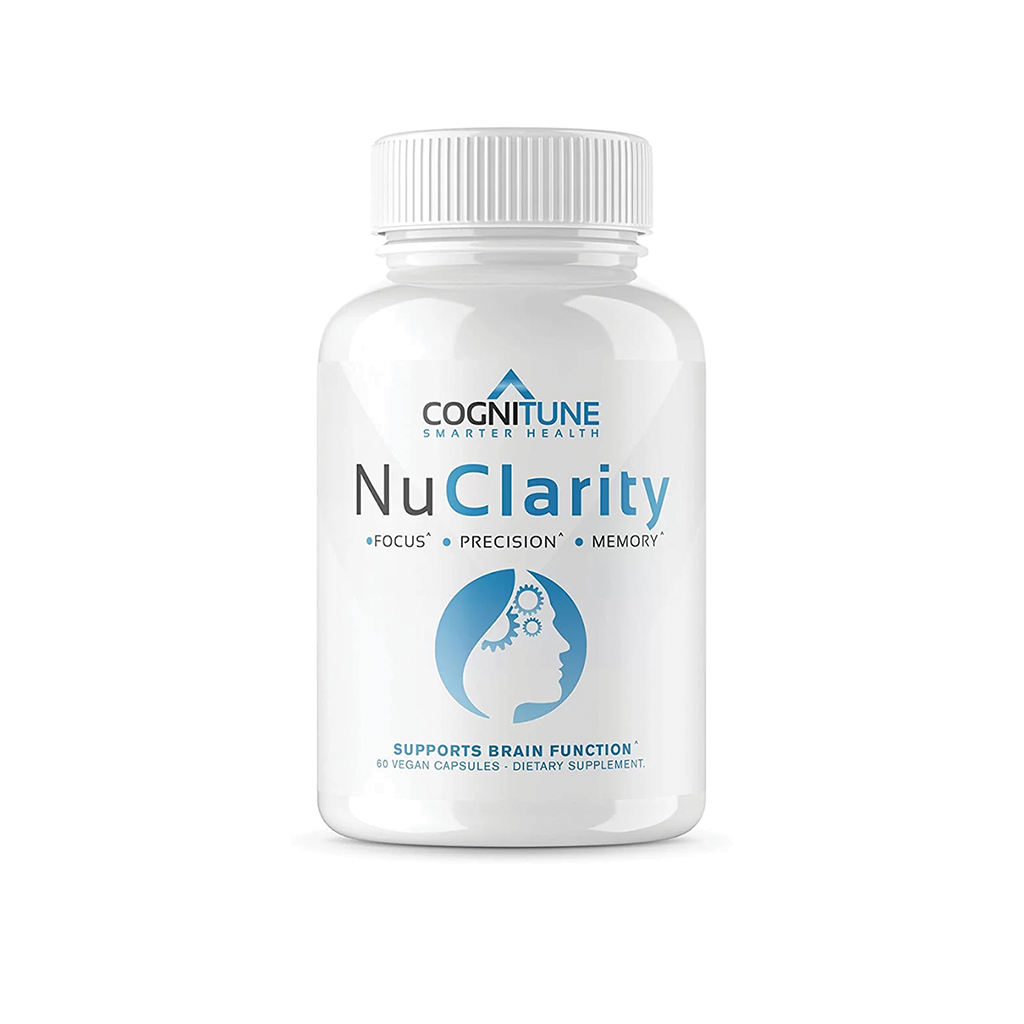5 Science-Backed Practices for Sustainable Energy

In today's fast-paced world, maintaining optimal energy levels throughout the day is crucial for productivity, focus, and overall well-being. However, the quest for sustainable energy often leads many to rely on quick fixes like caffeine or sugar, which can result in energy crashes and long-term health consequences. To truly harness sustainable energy, it's essential to adopt science-backed practices that support the body's natural energy production processes. In this article, we'll delve into five evidence-based practices to boost your energy levels and promote vitality on a daily basis.
Prioritize Quality Sleep

Quality sleep is the cornerstone of sustainable energy. During sleep, the body undergoes essential processes that promote physical and mental restoration, including tissue repair, hormone regulation, and memory consolidation. Lack of adequate sleep disrupts these processes, leading to daytime fatigue, impaired cognitive function, and decreased productivity.
What makes a quality sleep?
- Sleep Duration: The National Sleep Foundation recommends adults aim for 7-9 hours of sleep per night for optimal health and energy levels.
- Sleep Quality: Quality of sleep is equally important as duration. Deep, restorative sleep cycles, including REM (rapid eye movement) sleep, are essential for energy restoration.
- Circadian Rhythm: Aligning sleep-wake cycles with the body's natural circadian rhythm promotes better sleep quality and enhances daytime alertness.
Importance and Consequences:
Prioritizing quality sleep is crucial for sustained energy levels and overall health. Chronic sleep deprivation can lead to a myriad of health issues, including obesity, cardiovascular disease, and cognitive decline. Without adequate rest, the body's ability to produce energy-efficiently diminishes, resulting in fatigue and decreased performance.
Maintain a Balanced Diet

Nutrition plays a fundamental role in energy metabolism. Consuming a well-balanced diet rich in essential nutrients provides the body with the fuel it needs to produce energy efficiently. Key nutrients involved in energy metabolism include carbohydrates, fats, proteins, vitamins, and minerals.
What composes a healthy diet?
- Macronutrients: Carbohydrates are the body's primary source of energy, while fats and proteins play crucial roles in energy production and metabolism.
- Micronutrients: Vitamins and minerals, such as B vitamins, iron, and magnesium, act as cofactors in energy-producing metabolic pathways.
- Hydration: Adequate hydration is essential for optimal energy metabolism, as water is involved in numerous biochemical reactions in the body.
Importance and Consequences:
Maintaining a balanced diet provides the body with the necessary nutrients to sustain energy levels throughout the day. Poor dietary choices, such as excessive consumption of processed foods high in sugar and unhealthy fats, can lead to energy fluctuations, nutrient deficiencies, and increased susceptibility to fatigue and chronic diseases.
Incorporate Regular Physical Activity

Regular physical activity is not only beneficial for physical health but also plays a significant role in enhancing energy levels and mental well-being. Exercise stimulates the release of endorphins, neurotransmitters that promote feelings of happiness and reduce stress, thereby boosting energy and improving mood.
What are the different kinds of physical activity?
- Aerobic Exercise: Activities like walking, jogging, and cycling increase cardiovascular fitness and oxygen delivery to tissues, promoting energy production.
- Resistance Training: Strength training exercises improve muscle strength and endurance, enhancing overall physical performance and energy efficiency.
- Mind-Body Practices: Yoga, tai chi, and qigong combine physical movement with mindfulness and breathing techniques, reducing stress and promoting relaxation.
Importance and Consequences:
Incorporating regular physical activity into daily life enhances energy levels, mental clarity, and overall vitality. Sedentary behavior, on the other hand, can lead to muscle weakness, fatigue, and decreased energy expenditure, contributing to feelings of lethargy and decreased productivity.
Manage Stress Effectively

Chronic stress can drain energy reserves and negatively impact both physical and mental health. Effective stress management techniques, such as mindfulness meditation, deep breathing exercises, and relaxation techniques, can help reduce stress levels and promote sustainable energy.
How can the body manage stress?
- Stress Response: The body's stress response, mediated by the hypothalamic-pituitary-adrenal (HPA) axis and the sympathetic nervous system, triggers the release of stress hormones like cortisol and adrenaline, which can deplete energy reserves over time.
- Relaxation Response: Practicing relaxation techniques activates the parasympathetic nervous system, promoting relaxation and counteracting the effects of chronic stress on energy levels.
- Mindfulness-Based Interventions: Mindfulness practices cultivate present-moment awareness and nonjudgmental acceptance, reducing stress and enhancing resilience to life's challenges.
Importance and Consequences:
Effective stress management is essential for maintaining optimal energy levels and overall well-being. Chronic stress can lead to adrenal fatigue, sleep disturbances, and burnout, compromising the body's ability to produce and utilize energy efficiently.
Optimize Mental Focus and Clarity

In addition to physical energy, mental focus and clarity are crucial for productivity and overall well-being. By implementing strategies to optimize cognitive function, individuals can sustain energy levels and enhance mental acuity throughout the day.
What are the ways to improve mental clarity?
- Brain-Boosting Nutrition: Consuming foods rich in antioxidants, omega-3 fatty acids, and phytonutrients supports brain health and cognitive function. Key nutrients, such as choline, found in eggs and lean meats, and flavonoids, found in berries and dark chocolate, play essential roles in neurotransmitter synthesis and neural communication.
- Cognitive Exercises: Engaging in activities that challenge the brain, such as puzzles, crosswords, and learning new skills, stimulates neuroplasticity and promotes cognitive resilience.
Importance and Consequences:
Optimizing mental focus and clarity is essential for sustained productivity and cognitive vitality. Mental fatigue and brain fog can impede performance and diminish overall well-being. By incorporating strategies to enhance cognitive function into daily routines, individuals can sharpen their mental edge and maintain peak performance levels throughout the day.
In conclusion, sustainable energy is achievable through a holistic approach that encompasses quality sleep, balanced nutrition, regular physical activity, effective stress management, and healthy lifestyle habits. By incorporating these evidence-based practices into daily life, individuals can optimize their energy levels, enhance overall well-being, and thrive in today's demanding world. Remember, small changes can yield significant benefits when it comes to unlocking your full energy potential.
Sources:
Sleep durationHirshkowitz, et al., (Dec 2014)
https://www.sleephealthjournal.org/article/S2352-7218(15)00015-7/fulltext
Sleep quality
Summer and Singh, (Mar 2024)
https://www.sleepfoundation.org/stages-of-sleep/rem-sleep
Circadian rhythm
CDC, (Mar 2020)
https://www.cdc.gov/niosh/work-hour-training-for-nurses/longhours/mod2/18.html#:~:text=Circadian%20rhythms%20have%20an%20important%20purpose%3A%20they%20prepare%20your%20body,light%20also%20influences%20the%20pacemaker.
Chronic sleep deprivation
Institute of Medicine Committee on Sleep Medicine and Research, Colten and Altevogt, (2006)
https://www.ncbi.nlm.nih.gov/books/NBK19961/
Macronutrients
Venn, (Aug 2020)
https://www.ncbi.nlm.nih.gov/pmc/articles/PMC7468865/
Micronutrients
Shenkin, (Sep 2006)
https://www.ncbi.nlm.nih.gov/pmc/articles/PMC2585731/
Hydration
Popkin, et al., (Aug 2011)
https://www.ncbi.nlm.nih.gov/pmc/articles/PMC2908954/
Poor nutrition
CDC
https://www.cdc.gov/chronicdisease/resources/publications/factsheets/nutrition.htm
Aerobic exercises
Mersy, (Jul 1991)
https://pubmed.ncbi.nlm.nih.gov/2062750/
Resistance training
Westcott, (July 2012)
https://pubmed.ncbi.nlm.nih.gov/22777332/
Mind-body exercises
Zou, et al., (Nov 2018)
https://www.ncbi.nlm.nih.gov/pmc/articles/PMC6262541/
Sedentary behavior
Owen, et al., (Dec 2010)
https://www.ncbi.nlm.nih.gov/pmc/articles/PMC2996155/
HPA, body’s stress response
Smith, et al., (Dec 2006)
https://www.ncbi.nlm.nih.gov/pmc/articles/PMC3181830/
Relaxation response
Renaghan, et al., (Nov 2023)
https://www.frontiersin.org/articles/10.3389/fspor.2023.1267631/full
Mindfulness
Behan, (May 2020)
https://www.ncbi.nlm.nih.gov/pmc/articles/PMC7287297/
Chronic stress
Matiotti, (Nov 2015)
https://www.ncbi.nlm.nih.gov/pmc/articles/PMC5137920/
Brain nutrition
Elizabeth E., et al., (Feb 2023)
https://www.sciencedirect.com/science/article/pii/S0002916523129248
Cognitive exercises
Bavis, (Jan 2022)
https://www.summahealth.org/flourish/entries/2022/01/exercising-your-brain-6-ways-to-build-mental-fitness
Brain fog
Ocon, (Apr 2013)
https://www.ncbi.nlm.nih.gov/pmc/articles/PMC3617392/



